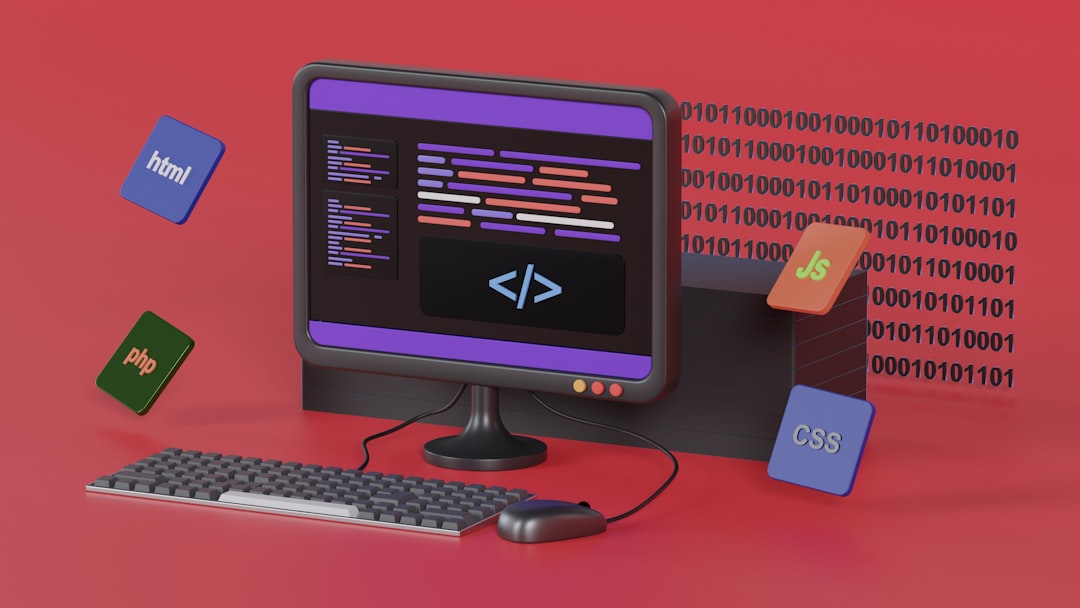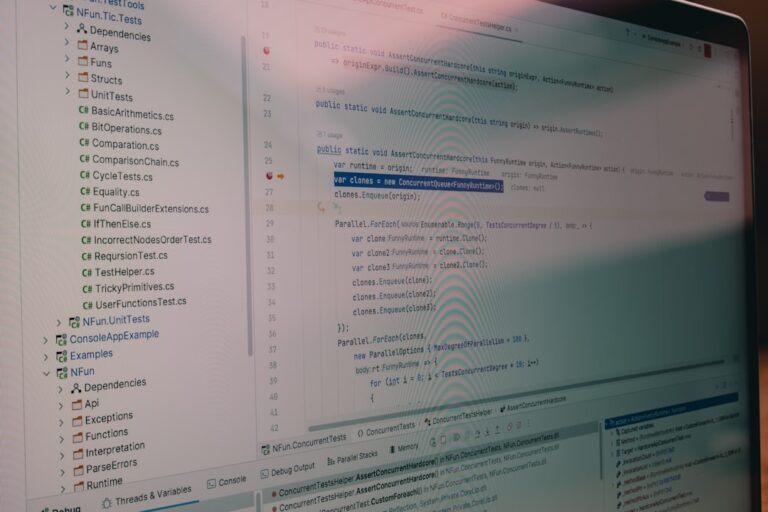Flutter is a modern tool for creating mobile apps and web apps, gaining popularity among companies seeking efficient solutions for their business needs. But is Flutter suitable for business applications? In this article, we will examine its advantages and limitations to answer this question.
What is Flutter?
Flutter is an open-source framework developed by Google that allows the creation of mobile apps and web apps with a single codebase. Its main advantage is the ability to create beautiful, fast, and smooth user interfaces, making it an attractive choice for many companies.
Advantages of Flutter for Business Applications
1. Performance
One of the most important aspects of Flutter is its high performance. By natively compiling code to ARM, Flutter offers fluidity and speed comparable to native apps.
2. Unified Code for Multiple Platforms
Flutter enables the creation of applications for different platforms using a single codebase. For companies, this means significant time and cost savings, as there is no need to create separate apps for iOS and Android.
3. Aesthetic and Responsive Design
Thanks to a rich set of built-in widgets, Flutter allows the creation of modern interfaces that are not only aesthetic but also responsive. This is crucial for business applications that require a professional appearance.
4. Fast Time to Market
Flutter allows for rapid prototyping and a shortened product time to market. With the hot reload feature, developers can immediately see the effects of their changes, speeding up the development process.
Limitations of Flutter in the Context of Business Applications
1. Support for Advanced Features
While Flutter is a powerful tool, it may have limited support for some advanced native features available on iOS and Android platforms.
2. Application Size
Applications created in Flutter can be larger than their native counterparts, which may impact storage and data transmission costs.
3. Support for External Platforms
Integrating Flutter with some external platforms can be more challenging, which is significant for business applications requiring process automation.
Comparison with Other Technologies
Flutter is often compared with other frameworks such as React Native or Xamarin. Each has its advantages and disadvantages in the context of creating business applications.
1. React Native
- Better community support.
- Faster updates for iOS and Android.
- Less fluid animations compared to Flutter.
2. Xamarin
- Large integration with the Microsoft ecosystem.
- High licensing costs for business versions.
- Slightly more complex deployment process compared to Flutter.
Is Flutter a Good Choice for Your Company?
The decision to choose technology for a business application depends on many factors, including budget, development resources, and specific project requirements. Flutter is an excellent choice if you are looking for a fast time to market and aesthetic interfaces.
Summary
Flutter is becoming increasingly popular among companies wanting to create mobile apps and web apps. Its advantages, such as performance, unified code for multiple platforms, and fast time to market, make it an attractive choice for many business applications. However, like any technology, it also has its limitations, which should be considered before making a decision.
If you are interested in creating web apps or mobile apps for your company, also check out our article on mobile apps.







